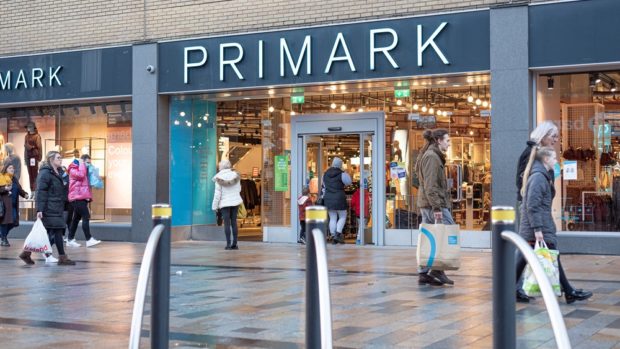“From financial rewards to ever-changing product lines, fast fashion continues to present multiple benefits for retailers and their consumers. But it is difficult to ignore what impact this is having on the environment; as MPs have shown this week. Their call for an end to the ‘overconsumption’ of clothes, and for brands to pay a penny on every garment they sell to fund a £35m annual recycling scheme, has shown just how important it is for retailers to reconsider how they manufacture their clothes.
Knowing the concerns around ethical practices and ‘throw-away’ garments, retailers should now be trying to make fundamental changes to their supply chain. Visibility is key; without it brands are unable to have a deep understanding of how their products are being made and what conditions they are being made in. A major consequence of fast fashion is the increased use of forced labour. In order to combat this and reduce the risk of unknowingly selling items that have been produced in unethical conditions, retailers need to invest in more thorough processes. This includes conducting stringent factory audits and tracking each stage of every individual product’s journey, right the way from production to sale. And in order to avoid suppliers resorting to crooked processes, retailers need to have an agreement in place with suppliers that ensure quality, safe procedures are their priority, not rock bottom costs and vast quantities.
Quality is also an important factor – it is far easier to prevent breakages rather than repair. They must, therefore, start from the source and create products of high quality, products that will meet the expectation of the consumer and, most importantly, will last. Maintaining rigorous product control and product inspection procedures to identify quality defects will help retailers to ensure every product is made to a high standard. And with this approach, brands can create a best practice model that will enable more and more consumers to keep their garments for longer, reducing the number of items that are unnecessarily thrown away.
As campaigners and MPs clamp down on fast fashion, retailers should see this as an opportunity to improve their supply chain. Now is the time for all brands to get their house in order when it comes to supplier visibility, quality control and factory audits. After all, consumers are becoming increasingly influenced by sustainable and ethical practices, and it is those who fail to make the necessary changes who risk falling behind in today’s market.








Share